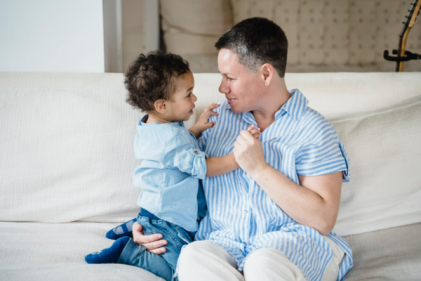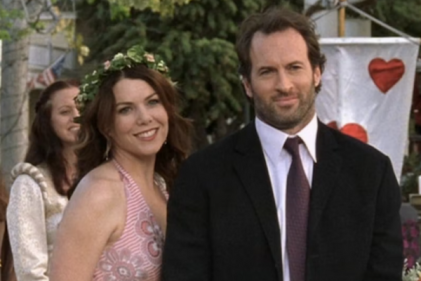Most parents wonder whether their children’s speech is progressing normally. In fact, between the ages of 18 months and three years, it’s common for children to mispronounce words, lisp, or be unable to make certain sounds, such as the ‘th’ sound, or to mispronounce consonants like r or the consonant groups in some words, such as the ‘st’ in stop.
All of this is perfectly normal as your child attempts to master speech, and you shouldn’t be too concerned if your toddler does any or all of these things.
What should worry you is whether or not your child is progressing. By the age of three, your child should be coherent almost all of the time. If language problems persist after that, then a speech therapist may be necessary.
Another cause for concern is when your child doesn’t seem to want to talk at all. If there appears to be a problem with their hearing, or if you have any other concerns, speak to your doctor, who should be able to confirm whether their behaviour and progress is normal, or whether you need to seek specialist advice.
All of this is perfectly normal as your child attempts to master speech, and you shouldn’t be too concerned if your toddler does any or all of these things.
What should worry you is whether or not your child is progressing. By the age of three, your child should be coherent almost all of the time. If language problems persist after that, then a speech therapist may be necessary.
Another cause for concern is when your child doesn’t seem to want to talk at all. If there appears to be a problem with their hearing, or if you have any other concerns, speak to your doctor, who should be able to confirm whether their behaviour and progress is normal, or whether you need to seek specialist advice.










